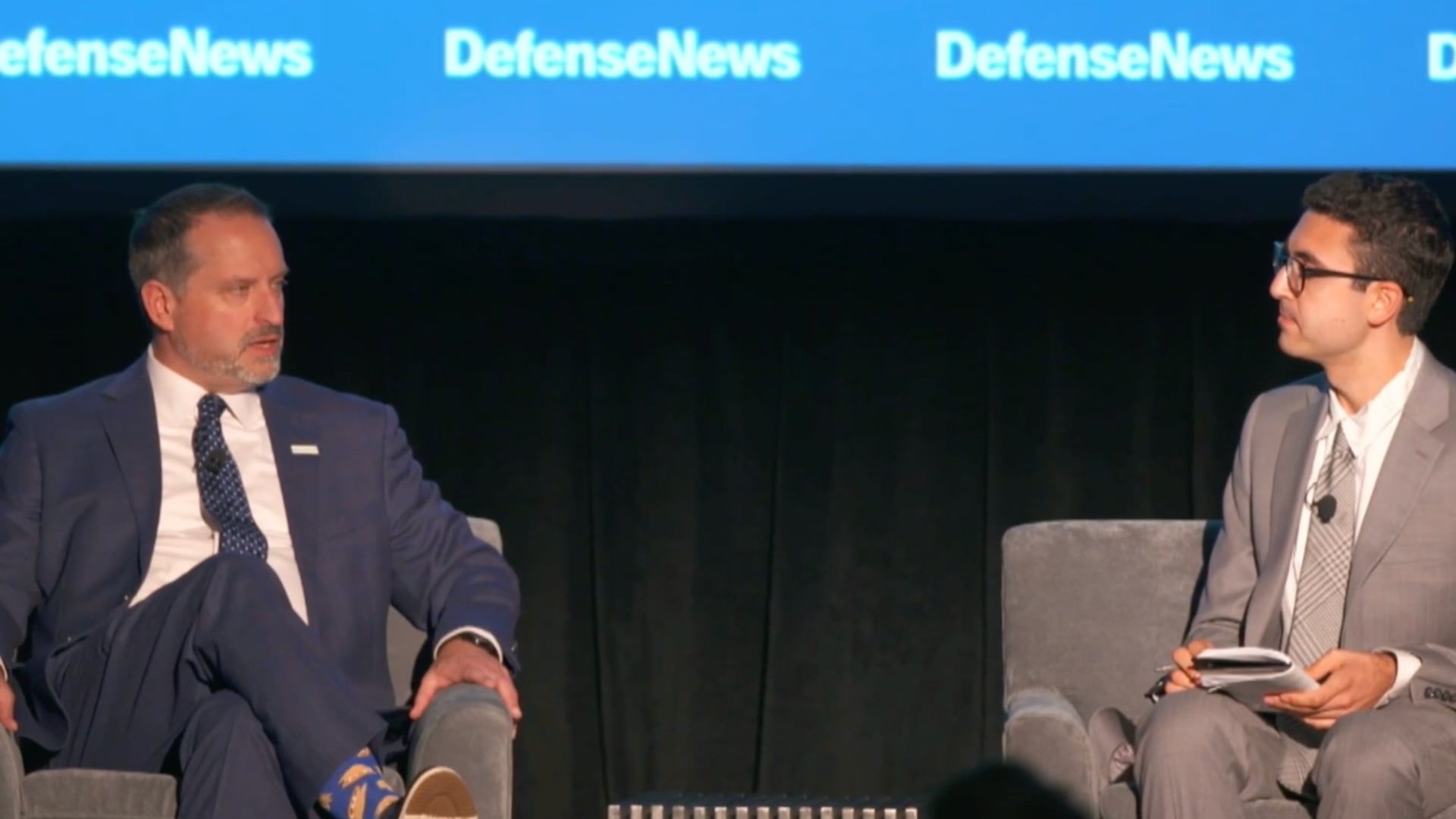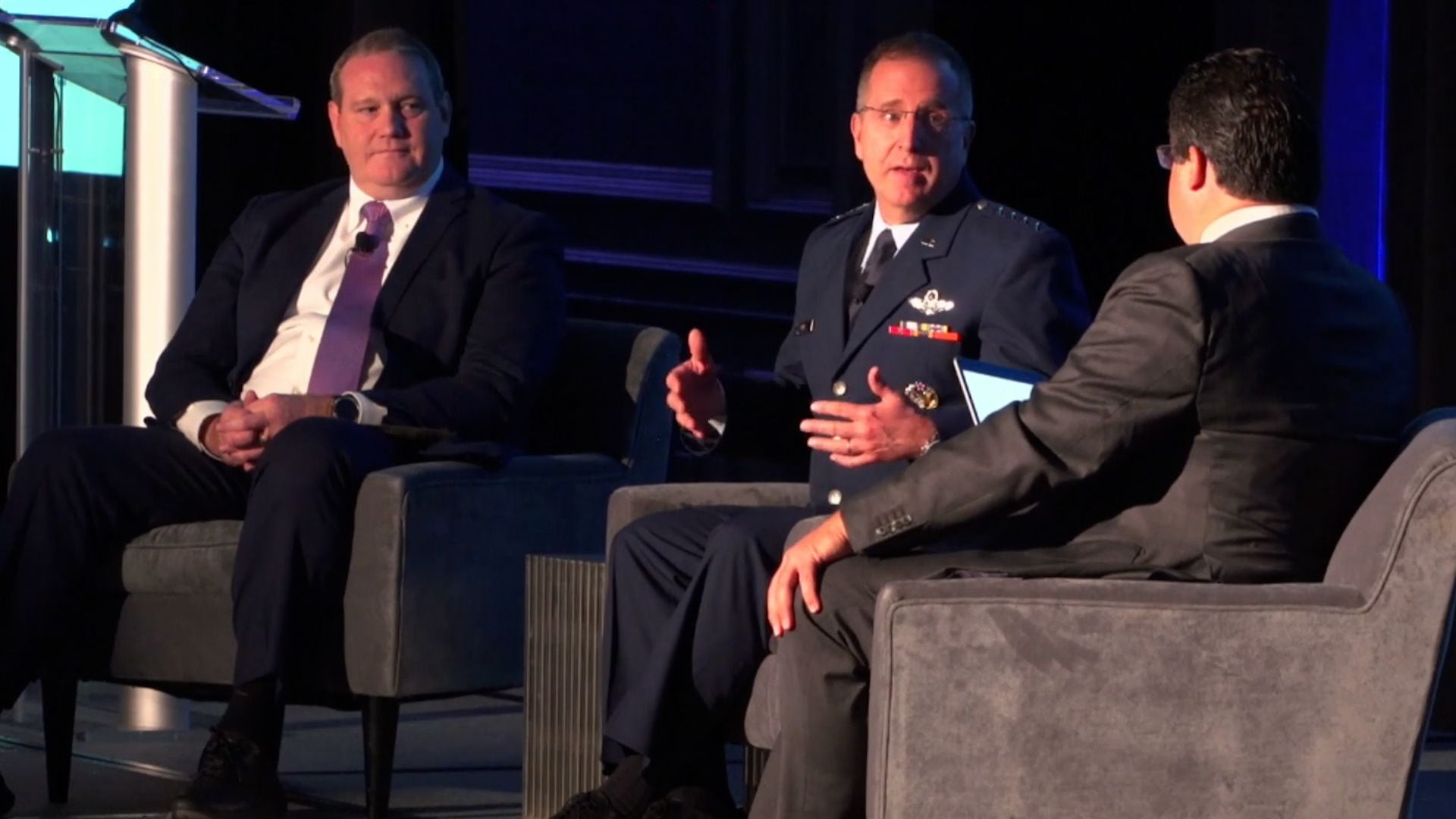The decision by Indian Prime Minister Narendra Modi to order 36 off-the-shelf Rafale jets was an overdue and welcome move to upgrade New Delhi's military capabilities.
It is worrisome, however, that he stated that talks were dead between the jet's maker, Dassault Aviation, and India's state-owned Hindustan Aeronautics Ltd. (HAL).
Three years ago, India chose the Rafale as the preferred vendor in its global competition for a new fighter. The plan was to buy at least 126 of the jets, but negotiations dragged on over New Delhi's demand to build as much of the aircraft in India as possible.
Dassault has a long history of licensing production — including with India — but the sticking point was who would be liable for the quality of the planes built in India. Dassault, rightly, was unwilling to be held accountable if HAL fouled up manufacture of a jet as sophisticated as the Rafale.
On his visit to Paris, Modi acted with pragmatism, ordering 36 planes that would be built by Dassault in France and sent to India. It remains to be seen what will happen to the 126-strong order. It's the second order for the Rafale after Egypt became the first export customer for the twin-engine jet.
Indian officials have hinted that the bigger Rafale deal would be negotiated government to government, rather than between Dassault and HAL.
That's the right approach given the impasse between the French and Indian giants. The entire rationale of the program was to upgrade India's Air Force, replacing aging MiG-21 fighters, as well as boost the country's industrial capabilities with an infusion of technology and knowhow.
What India can't afford is to break up the fighter contract to gain favor with as many players as possible. Moscow has been aggressively courting New Delhi as a partner on an Indian variant of Sukhoi's Su-30, which is already in India's inventory.
The reason India turned to France was to improve its military and industrial capabilities. With the ball finally rolling, it's vital that the two nations conclude a wider deal that will be good for them both.








